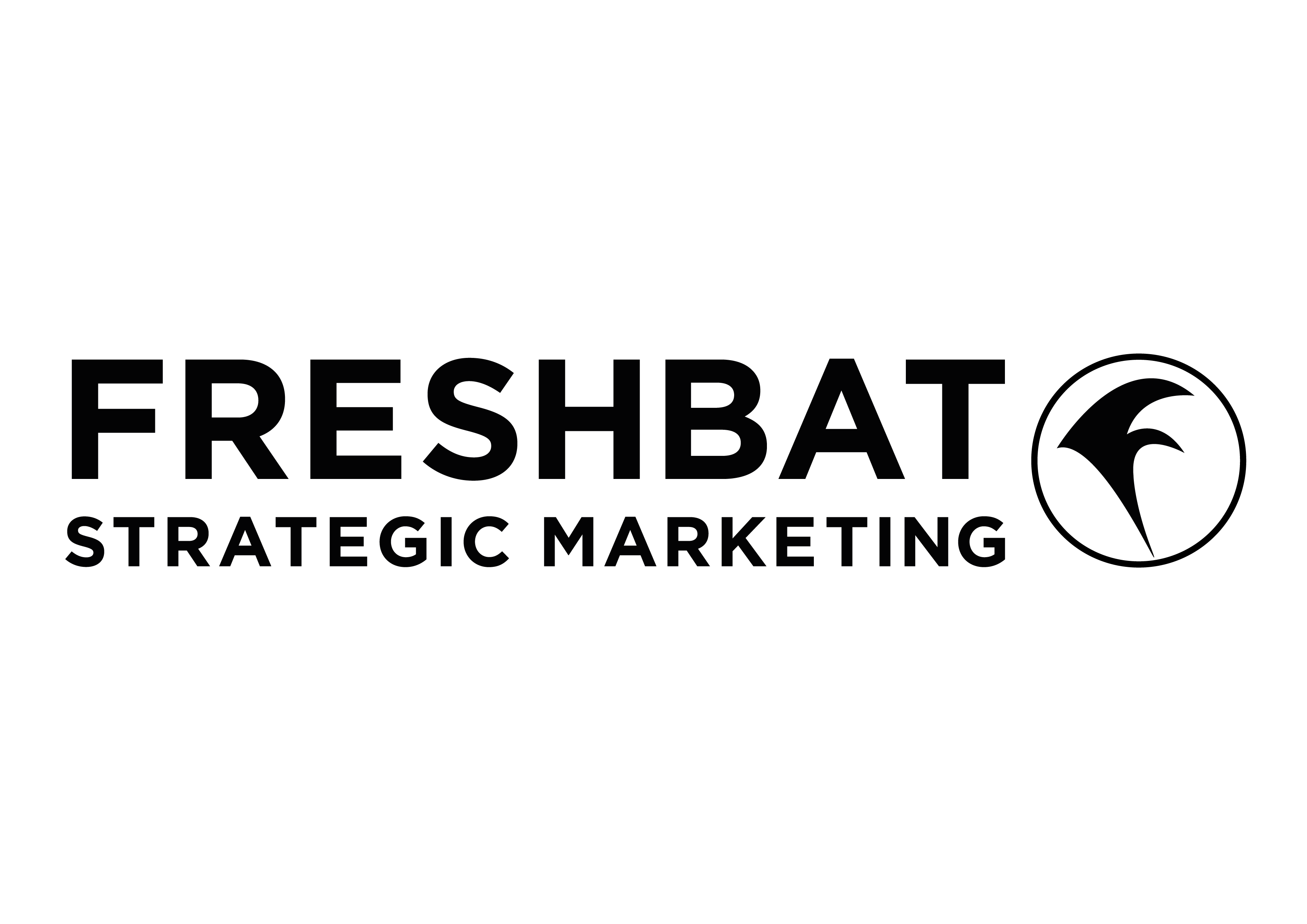An effective marketing strategy is the ultimate foundation for guiding your marketing activities. Without a well-crafted strategy in place, your efforts may lack direction and purpose, leading to ineffective results.
An effective marketing strategy should include the following components:
1. Marketing audit
The first component of a marketing strategy is a marketing audit, which may sound daunting, but is essential. A marketing audit helps to map out where you currently stand with your marketing efforts. By conducting this audit, you can identify areas for improvement and gain insights that will support the development of the rest of your strategy.
2. Client personas
Clearly defined client personas are essential for an effective marketing strategy. Your customer is at the heart of your marketing efforts, making it crucial to understand them inside and out. This deep understanding allows you to tailor your marketing activities to their needs, ensuring that your efforts are focused and effective.
Here’s how to create an ideal client persona.
3. Goals and objectives
Having clear goals and objectives in place is important. You need specific targets to work towards so everyone in your team can refer to it and understand what the fundamental goals are that you are aiming for.
How to set marketing objectives
4. Unique value proposition (UVP)
A UVP helps your customers understand the relevance of how you can solve their problems, the benefits of your product or service, and what sets you apart from your competitors.
5. Competitive analysis
A thorough competitive analysis is vital to understanding where you stand in relation to your competitors. Not only does it help you gauge your position in the market, but it also allows you to evaluate what your competitors are doing well and where they are falling short, providing valuable insights and inspiration for your own strategies.
6. Key messages and channels
Crafting key messages is another crucial component of an effective marketing strategy. Key messages define what you are going to communicate to your audience and how you will convey it. These messages must be tailored with your ideal personas in mind, so ensure those are clearly defined first. Consider each persona, what you want to communicate to them, and through which channels you want to deliver those messages.
7. Resourcing
Having an effective marketing strategy in place is essential, but when it comes to execution, you need to ensure you have the necessary resources—budget, staff, and tools—to carry out these marketing activities effectively. Take the time to thoroughly assess these components. Do you have enough staff or sufficient time? Make sure to focus on this area carefully, and only move forward with initiatives that you have the resources to support.
Final thoughts
These are the main components that make for an effective marketing strategy. Remember to use all the resources we’ve linked when creating your strategy and don’t be afraid to use Google!


